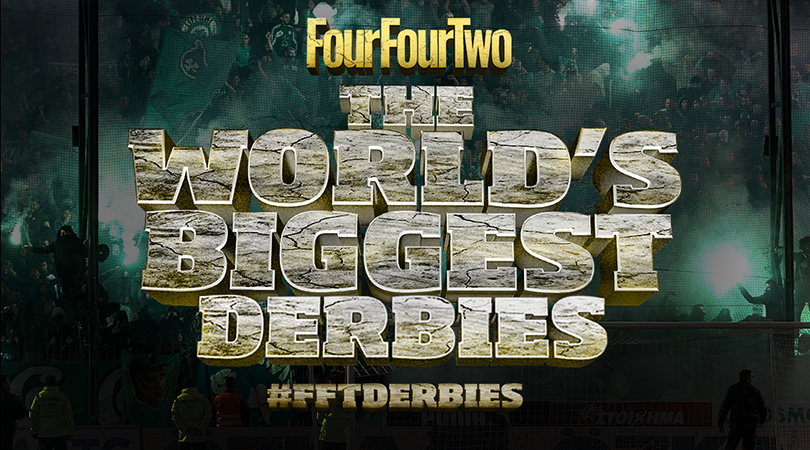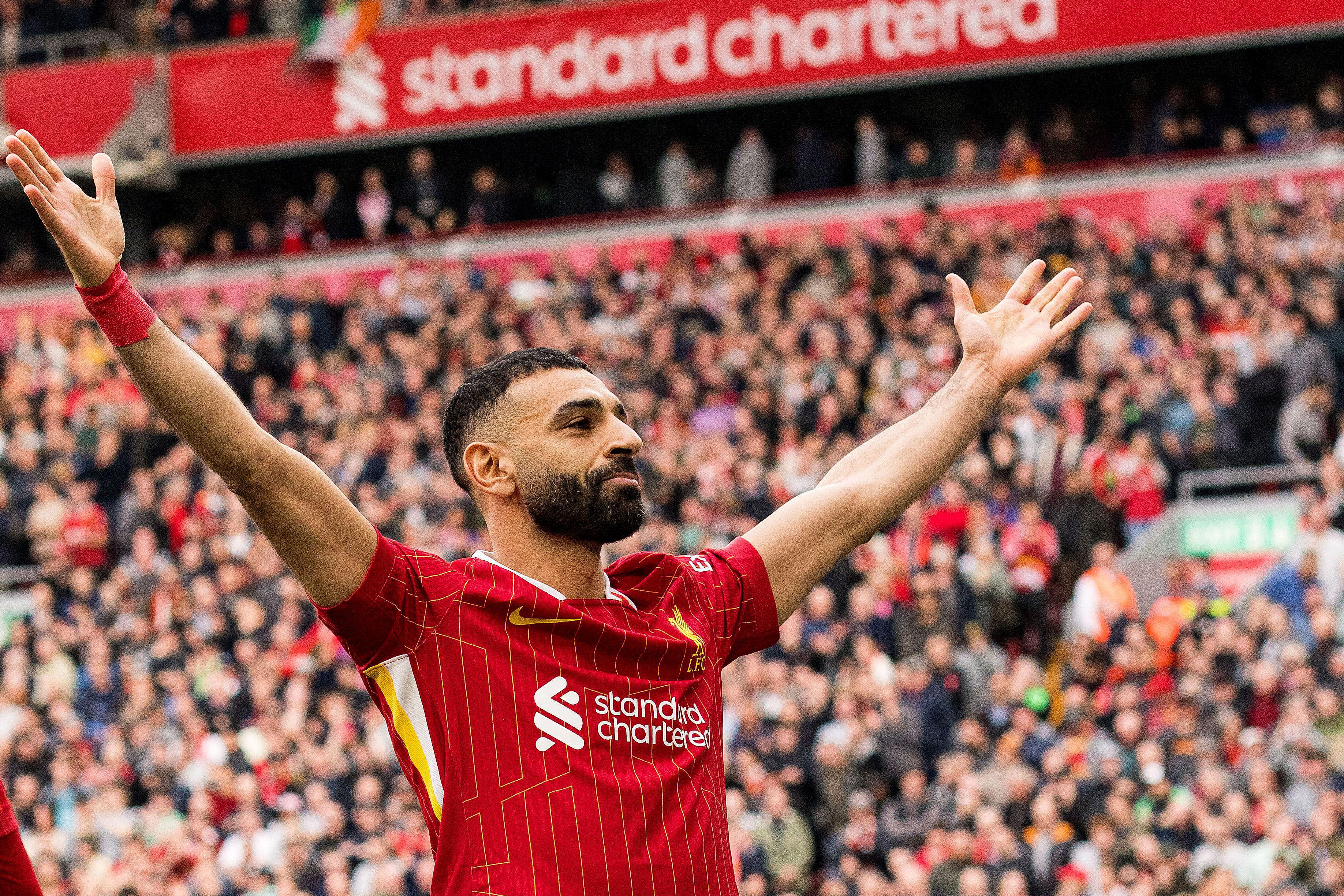FourFourTwo's 50 Biggest Derbies in the World, No.9: Borussia Dortmund vs Schalke
The Ruhr derby between the Miners and the Black and Yellows comes in at no.9...
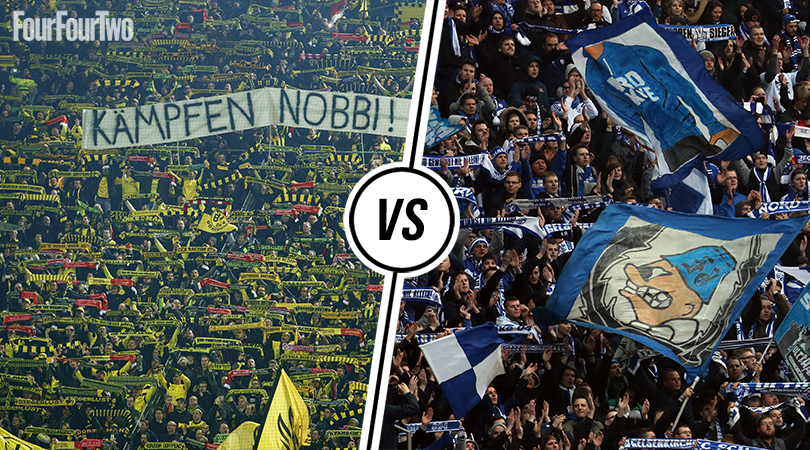
It took nearly 40 years for the Ruhr derby to really get going.
Borussia Dortmund may have been formed in 1909, but they weren’t even the dominant force in their own city until 1936. Schalke, from neighbouring Gelsenkirchen, held the championship of Westphalia for 21 consecutive seasons - but things changed on one grey afternoon in May 1947.
Then Dortmund finally broke the Schalke stranglehold with a 3-2 win in the driving rain – twice fighting back from a goal down to claim victory five minutes from time.
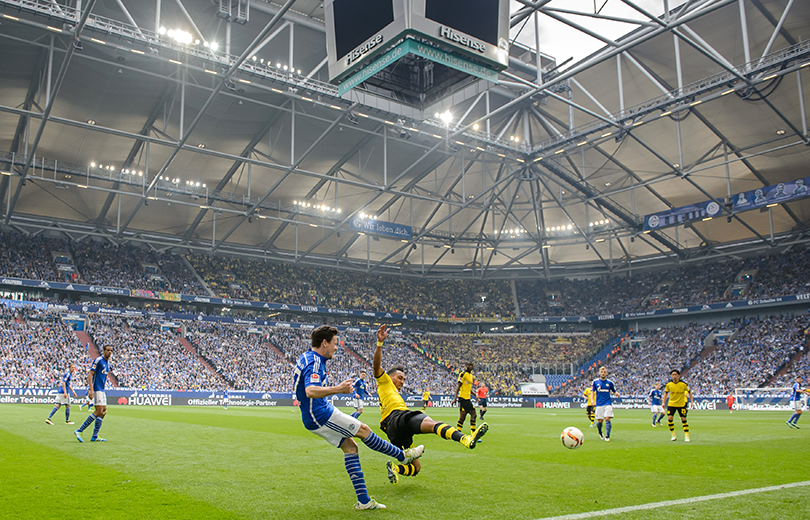
Suddenly the Revierderby – the local name for the match, meaning ‘the derby of the area’ – had been spiced right up.
Bundesliga battle
Things grew even more intense after the launch of the Bundesliga in 1963. The mono-cultural Ruhr region – fired on coal and built on steel – slid into economic meltdown from the late 1970s and the area’s two most successful clubs were suddenly struggling to compete with teams elsewhere in the country.
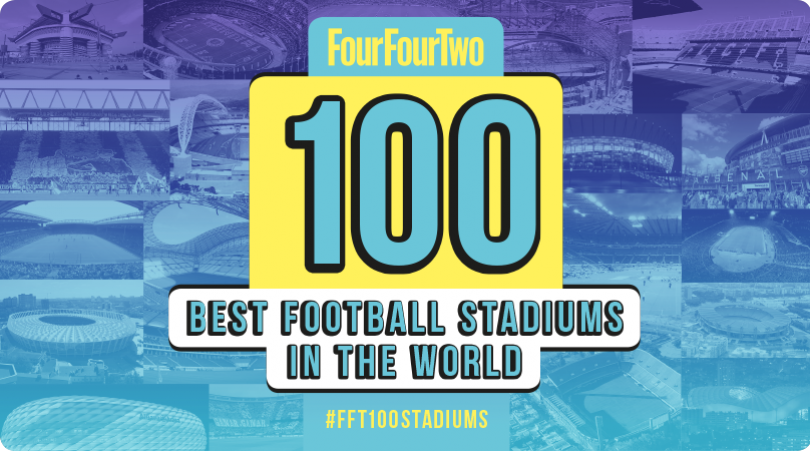
Football frustration and social despair soon blended with the sporting rivalry to yield frightening results. In 1979, Schalke hooligans formed what would quickly become one of the most notoriously violent firms in Germany - the ‘Gelsenszene’. To counter the threat, Dortmund thugs founded the fascist ‘Borussenfront’ in 1982.
Get FourFourTwo Newsletter
The best features, fun and footballing quizzes, straight to your inbox every week.
For the next decade the two groups tore into each other. In 1984-85, 64,000 fans flocked to Schalke's ground for a game with Bayern Munich – only 41,000 dared to turn up for the derby.
"Ruhr, Ruhr..."
Yet curiously, regional rivalry lives alongside regional pride. On May 21, 1997, Schalke pulled off a major upset to win the UEFA Cup against Roy Hodgson’s highly fancied Inter Milan side. On May 28, Dortmund followed suit by stunning star-studded Juventus to win the Champions League.
Those seven amazing days capped both clubs' unexpected rise during the 1990s, from rags to riches, from relegation fodder to European heroes. Fans weren’t entirely agreed on how to react.
One half of the Dortmund supporters at the Champions League final revelled in a spot of one-upmanship, chanting that their own achievement was ‘a class above’ above Schalke’s victory. The other half of the supporters turned on them and began to sing ‘Ruhr, Ruhr’, in celebration of the fact that the region was suddenly dominating European football.
A year earlier, when Schalke defeated Bayern to qualify for the European Cup, their fans had also sung ‘Ruhr, Ruhr’ as news filtered through that Dortmund had beaten Bayern to the league title. It’s the sort of regional unity that is unlikely ever to happen in Manchester or North London, for example.
Moller's time
Dortmund and Schalke fans admit to being alike in many ways, yet the antagonism remains prevalent. Fans of these similarly-sized clubs clearly hate each other.
Euro 96 star Andreas Moller became an instant villain on both sides when he crossed the divide to join Schalke in 2000 - even fans of Moller’s new club weren’t happy about it.
As one Schalke supporter called Stuart told FFT: “I got a phone call from another fan saying, ‘The world has ended, we have signed Andreas Moller!’ I had to drive over to console him. He said he'd never go to a Schalke game again. The next season was Schalke's greatest year in living memory. But he didn't go to a single home game.”
Meanwhile, goalkeeper Jens Lehmann had moved in the other direction shortly beforehand, albeit via Milan. He had begun his career at Schalke, dramatically scoring a last-minute equaliser against Dortmund in 1997.
Mother of derbies
Dortmund then went 13 games without a league derby win between November 1998 and May 2005, but they got their revenge on their rivals on the penultimate day of the 2006-07 season, beating Schalke to deny the Miners the title in what was dubbed as ‘The Mother of all Derbies’.
While Schalke dominated the pre-war years, derbies have been pretty even in the Bundesliga years - despite Dortmund winning the title five times, while Schalke have had to make do with a quintet of runners-up spots. In 2008, Dortmund fans held special celebrations to mark Schalke’s 50 years without a league title.
READ THIS: More Than A Game: Borussia Dortmund vs Schalke 04
But the truth is that the Ruhr derby’s antipathy probably stems from the fact that both clubs are so alike.
“Both clubs were started, run, then supported by coal and steel workers,” says Uli Hesse, author of ‘Tor! The Story of German football’. “So why do the two hate each other so passionately? Perhaps precisely because they are so similar. In school, we learned that like charges repel each other.”
FFT's 50 Biggest Derbies in the World: 50-41 • 40-31 • 30-21 • 20-11 • 10 • 9 • 8 • 7 • 6 • 5 • 4 • 3 • 2 • 1
#FFTderbies The 50 Biggest Derbies in the World: list and features here

Chris joined FourFourTwo in 2015 and has reported from 20 countries, in places as varied as Jerusalem and the Arctic Circle. He's interviewed Pele, Zlatan and Santa Claus (it's a long story), as well as covering the World Cup, Euro 2020 and the Clasico. He previously spent 10 years as a newspaper journalist, and completed the 92 in 2017.
